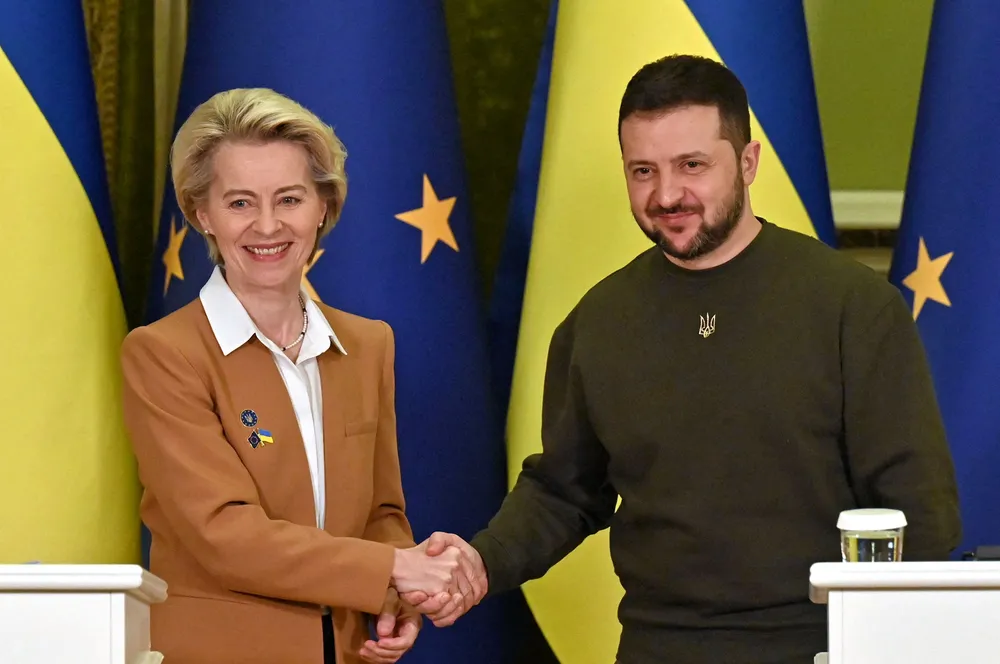Ukraine and EU agree 'strategic partnership' on hydrogen and other sustainable gases
Partners reaffirm plans for a hydrogen import corridor, with the bloc supporting future H2 plans in the under-attack nation

Partners reaffirm plans for a hydrogen import corridor, with the bloc supporting future H2 plans in the under-attack nation
